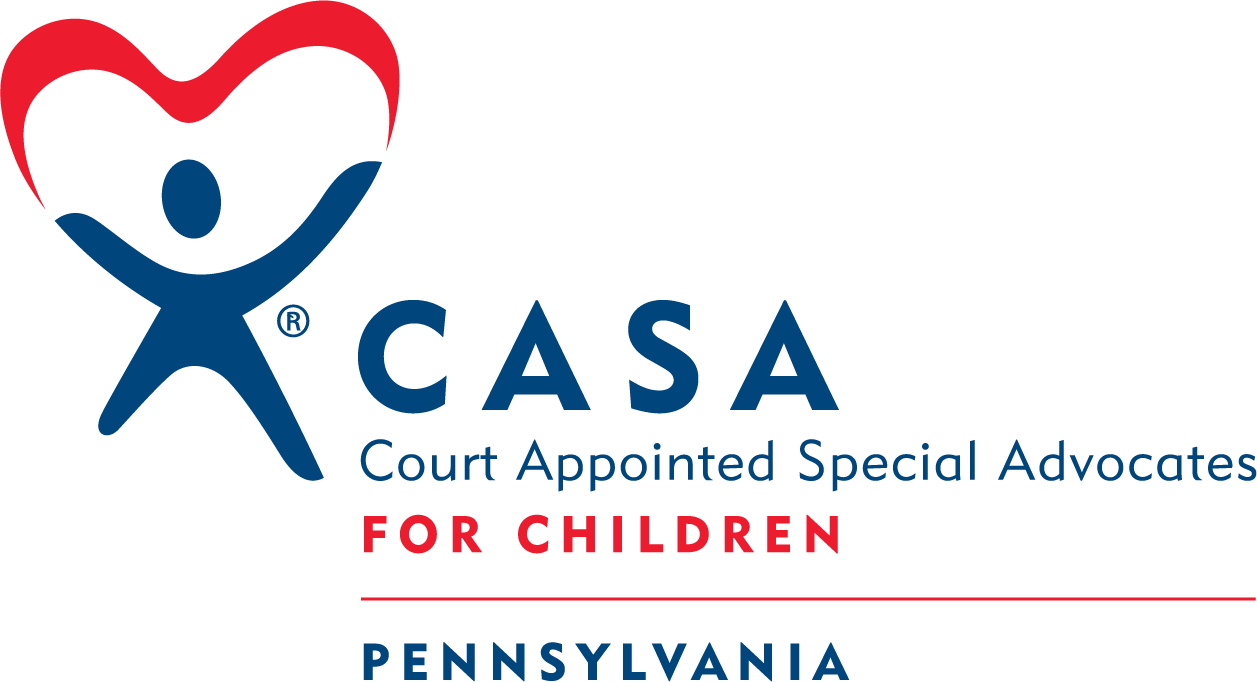Pennsylvania CASA’s Inaugural Book Club


Pennsylvania CASA hosted its first statewide book club this August. Volunteers and directors were invited from across the network to discuss The Deepest Well by Nadine Burke Harris, M.D. Fifteen volunteers and two directors from Lehigh, Cumberland, Dauphin, Lackawanna, McKean, and York County CASA programs joined PA CASA staff members in a virtual discussion guided by Program Specialist Steve Gill. Questions ranged from asking how increased knowledge of Adverse Childhood Experiences (ACEs) would impact their work as a CASA volunteer to if you could ask Dr. Nadine Burke Harris one question, what would it be.
Every day I witnessed my tiny patients dealing with overwhelming trauma and stress; as a human being, I was brought to my knees by it. As a scientist and a doctor, I got up off those knees and began asking questions.”
Dr. Nadine Burke Harris
Participants enjoyed the opportunity to connect with volunteers from different programs in both online and virtual discussions. Reviews of the book were positive, specifically about the writing style integrating personal stories with scientific facts and research studies relevant to the CASA volunteer experience.
The Deepest Well focuses on Dr. Nadine Burke Harris’ journey toward understanding the connection between deeply-rooted stress and chronic health problems and illness while leading the Bayview Child Health Center team in Oakland, CA. The link between ACEs and changes in our biological systems is illustrated by following the experiences of one boy, Diego.
Diego was seven years old the first time Dr. Burke Harris saw him at Bayview. Diego’s school nurse referred him for an ADHD evaluation. Dr. Burke discovered that his growth rate was at 50% of that of an average four-year-old. Asking a few insightful questions about when Diego stopped growing and became increasingly hyper revealed that Diego was sexually abused by a family friend of his father’s when he was four years old. A police report was filed, but his father started drinking heavily, blaming himself, and Diego did not receive treatment for his trauma. His behavior became increasingly worse and he stopped growing. Realizing this was no mere coincidence, Dr. Burke Harris began researching the relationship between traumatic experiences and physical health.
Nearly ten years into her research at Bayview, Dr. Burke Harris was introduced to the ACE Study by a colleague. The ACE Study showed the correlation between toxic levels of stress or trauma and its effects on physical health. The higher the levels of toxic stress or trauma experienced over time, the greater the risk for poor physical health conditions and chronic diseases including asthma, cancer, diabetes, and heart attacks. She realized that by addressing the trauma experienced by the children she cared for, the symptoms lessened or went away.
ACEs are stressful events that occur in children ages 0-17 and are often traumatic and repetitive. Dr. Vincent Felitti and Centers for Disease Control and Prevention epidemiologist Robert Anda’s research led to the ACE Study conducted between 1995 and 1997. Their study concluded that ACEs can be linked to an increased likelihood of health problems such as diabetes and high blood pressure, mental health problems including depression and suicide, and drug abuse problems in adulthood These situations can negatively impact job opportunities, earnings potential, and relationships. Furthermore, the toxic stress from ACEs can physically change brain development, affecting attention (Diego is an example), one’s ability to make decisions in his or her own best interest (such as the child who won’t turn in their homework), learning (changing schools may not be the only thing affecting a CASA child’s inability to keep up with their class), and one’s response to stress (sometimes it just doesn’t make sense that a child acts out the way they do).
This book is relevant for CASA staff and volunteers looking to deepen their understanding of the impact of recurring toxic stress or trauma on a child’s likelihood of developing a chronic illness. Understanding this connection is essential to advocating for services a child may need to heal. Dr. Harris began making connections between a stressful event and the child’s health by listening to the child and parents share their history and asking the right questions. Rather than asking “why,” begin by asking “what.” As dedicated volunteers with a caseload of one, CASA volunteers are uniquely poised to listen and understand children and families.
Stories shared in The Deepest Well demonstrate the importance of a safe and stable environment and its role in a child’s development of a healthy stress-response system. The proper support from a consistent adult can help the child overcome challenges. CASA volunteers use their advocacy efforts to help children achieve permanency so they can thrive in a stable environment. Efforts to achieve permanency align with the National CASA/GAL Association’s guiding principles that recognize children do best in their family of origin if that can be safely achieved. CASA volunteers are uniquely positioned to advocate for family preservation and reunification by strengthening families through recommendations for services and supports.
PA CASA’s next book club will continue the discussion on understanding how our brain responds to early stress trauma as we read, What Happened to You? Conversations on Trauma, Resilience, and Healing by Bruce D. Perry, M.D., Ph.D. and Oprah Winfrey.
All CASA volunteers and staff members are welcome to participate in the virtual discussion on one of the following dates:
- December 4th from 9 – 10:30 a.m.
- December 7th from 6 – 7:30 p.m.
For more information, visit pacasa.org/read.












Responses